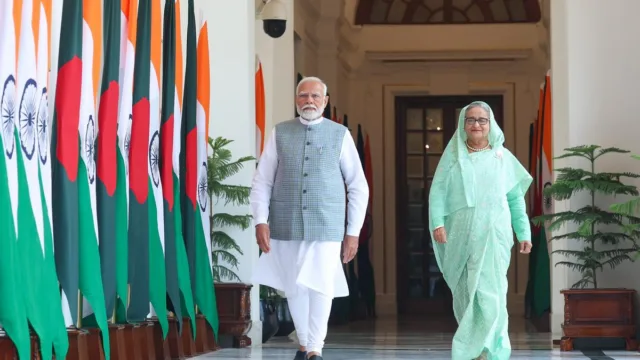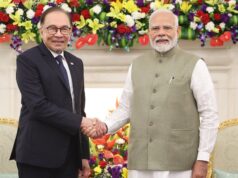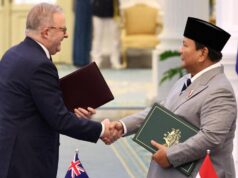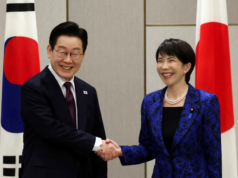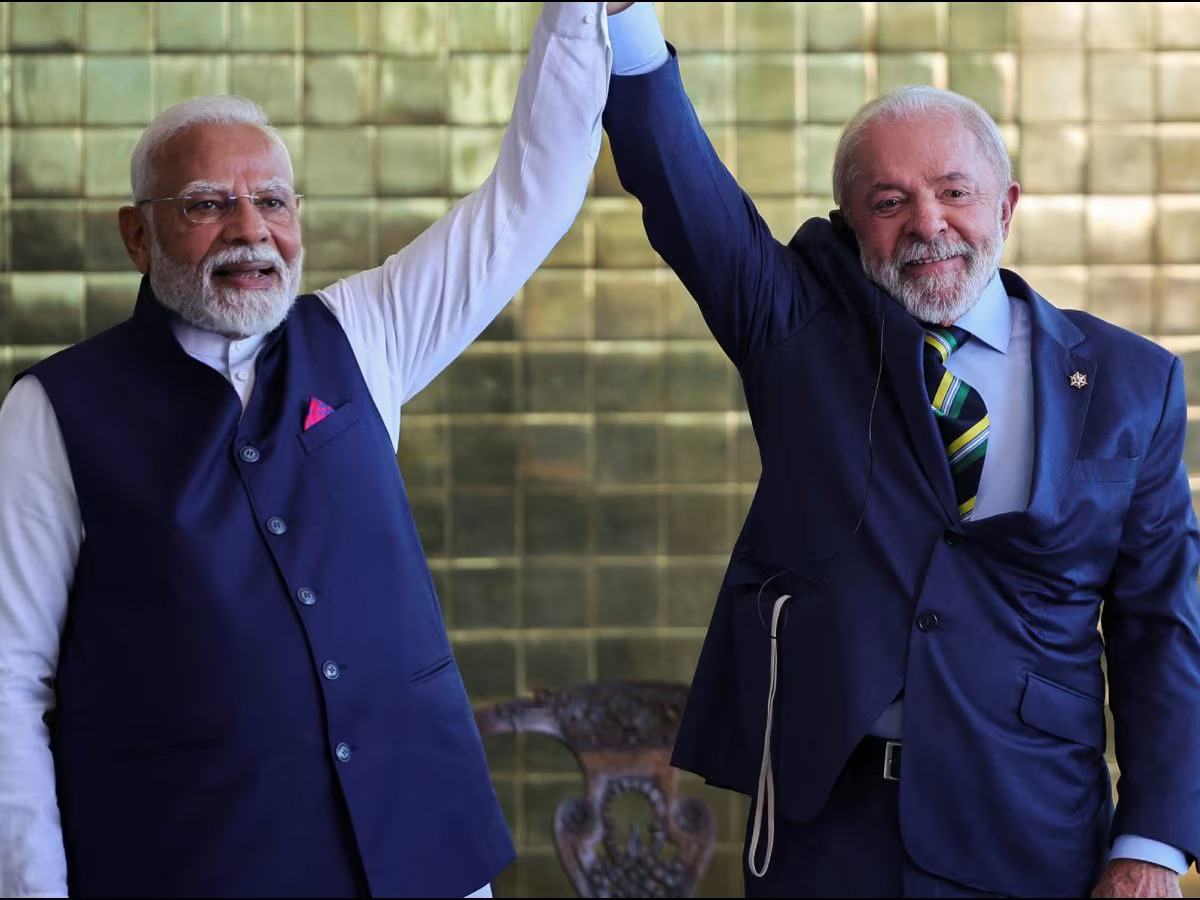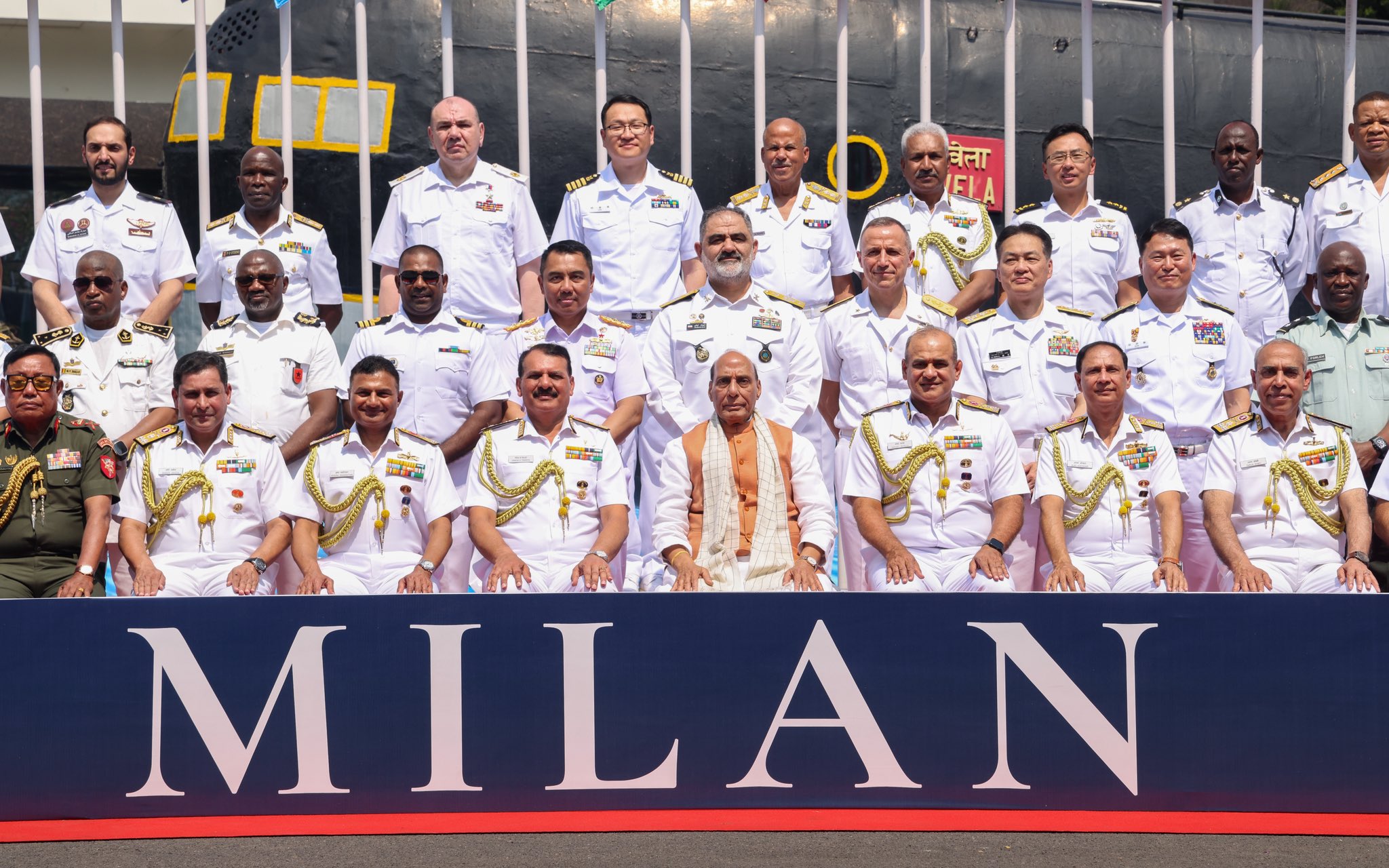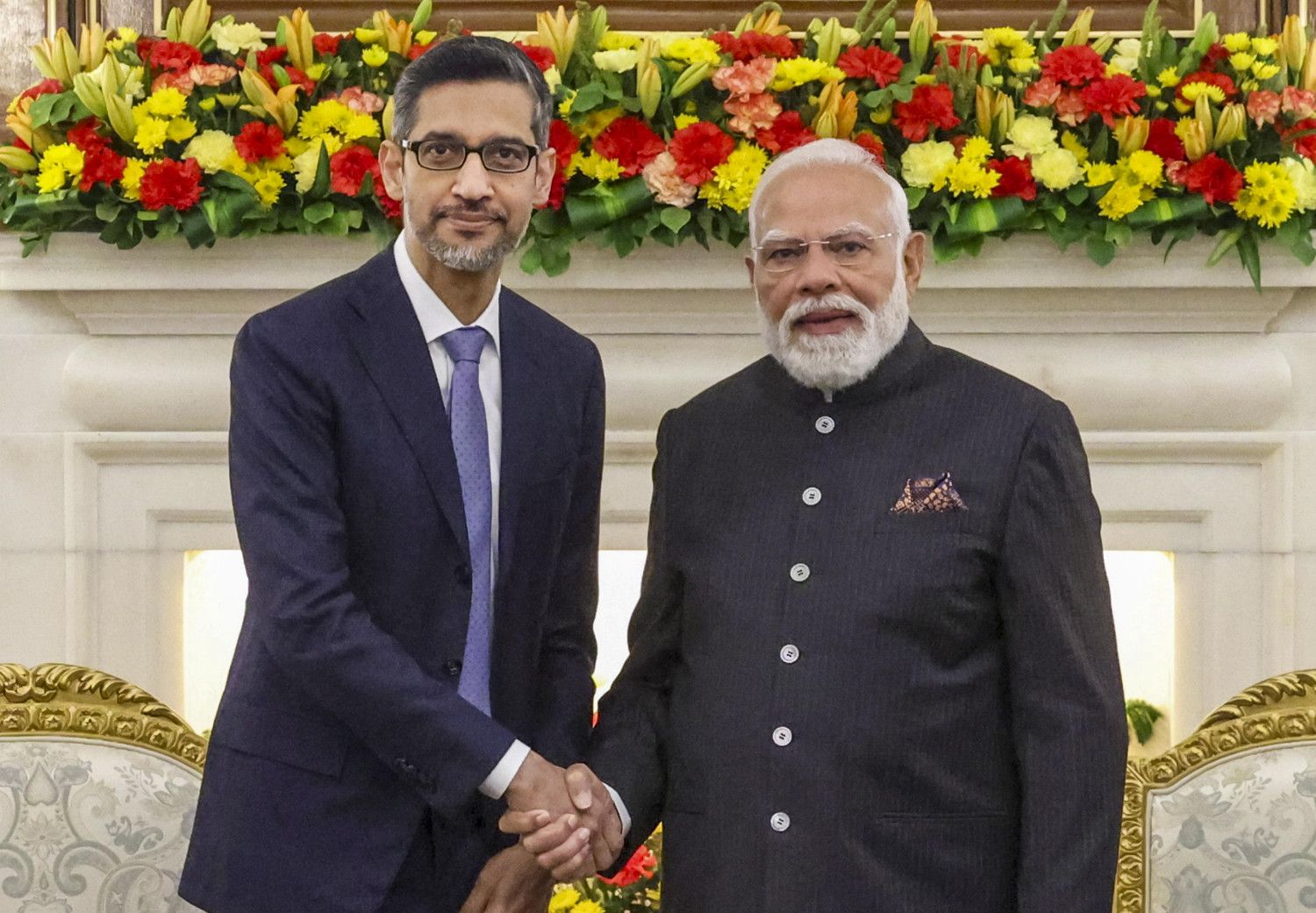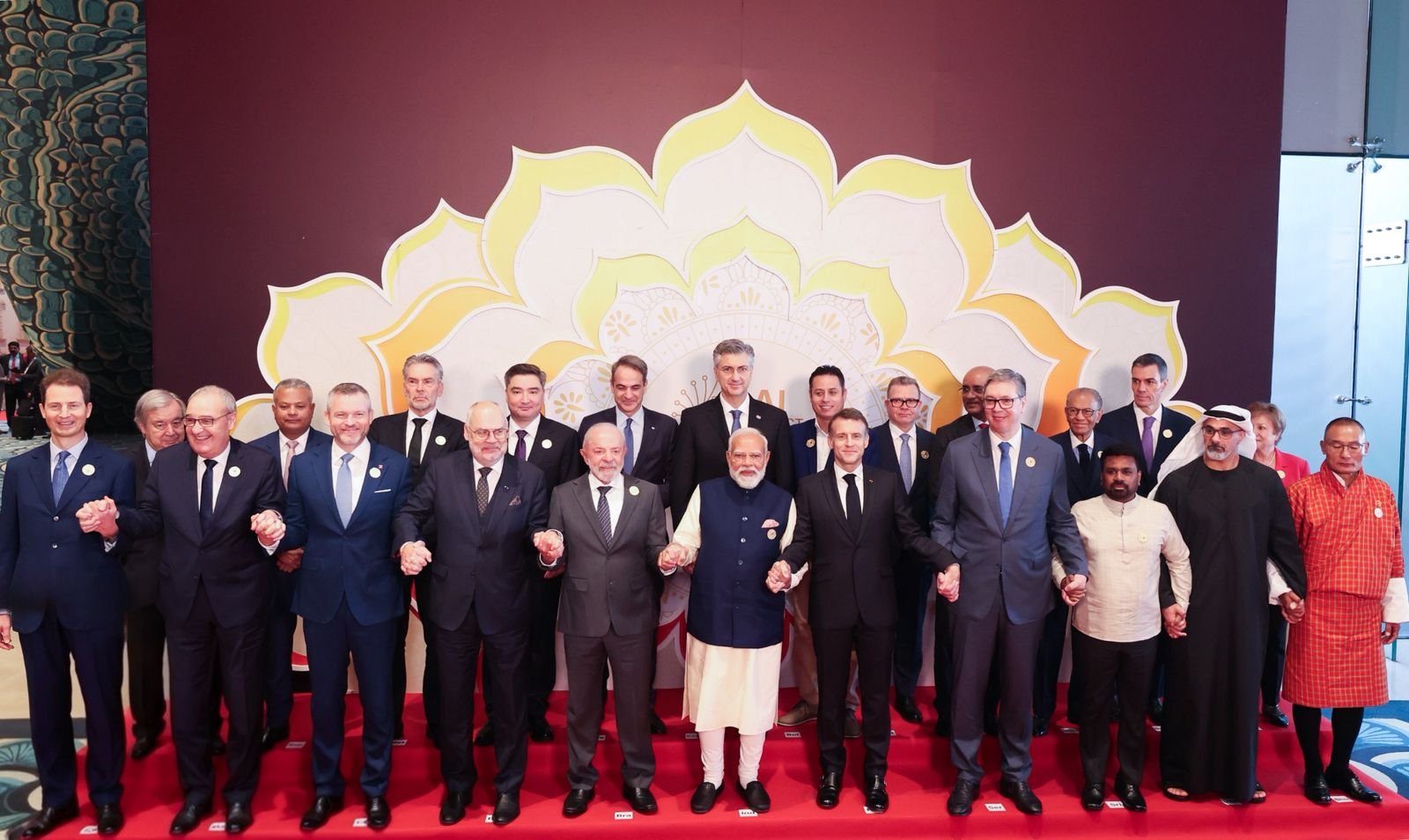Prime Minister Narendra Modi and his Bangladeshi counterpart, Sheikh Hasina, engaged in comprehensive discussions to bolster bilateral cooperation during Hasina’s two-day visit to India from June 21 to June 23, 2024. This visit, her second this month, holds special importance as it marks the first incoming bilateral state visit by a foreign leader following the formation of India’s new government after the Lok Sabha 2024 elections. The talks focused on a range of issues, including trade, connectivity, and water resource management, and culminated in the signing of several significant agreements.
Sheikh Hasina’s first state visit since the formation of India’s new National Democratic Alliance (NDA) government, highlights the strategic importance both nations place on their relationship. The visit follows Hasina’s participation in the inauguration of Modi’s third term on June 9, signifying the high priority Bangladesh accords to its ties with India. Upon her arrival in New Delhi, Hasina was welcomed by Minister of State for External Affairs Kirti Vardhan Singh. External Affairs Minister S. Jaishankar met with her shortly after, underscoring the importance of the visit in a statement on X, formerly known as Twitter: “Delighted to call on Prime Minister Sheikh Hasina of Bangladesh this evening. Her State visit to India underlines our close and abiding ties. Hasina was among seven top leaders from India’s neighborhood and the Indian Ocean region who attended Prime Minister Modi and the Union Council of Ministers’ swearing-in ceremony at Rashtrapati Bhavan on June 9.
Key Agreements and Discussions
During the visit, Modi and Hasina signed approximately 10 agreements across various sectors, including defense, digital collaboration, and green partnerships. Notable among these was a deal to enhance cooperation in the maritime sphere and the blue economy. Both leaders emphasized the importance of these agreements for future generations, with Modi highlighting the benefits for the youth of both countries. A significant topic of discussion was Bangladesh’s plans to develop its section of the Teesta River, amid China’s offer to assist with the project. The Indian government expressed concerns about the need for a collaborative approach to manage shared water resources effectively.
The Ministry of External Affairs (MEA) confirmed the visit, stating, “At the invitation of Prime Minister Shri Narendra Modi, Prime Minister of Bangladesh Sheikh Hasina will pay a state visit to India on June 21 and 22.” This visit signifies a commitment to taking bilateral ties to new heights, with both sides expected to finalize important projects such as the Feni Moitree Bridge and the commissioning of the second unit of the Rampal Moitree power plant. Additionally, passenger movement through Maitri Setu, a bridge linking India and Bangladesh in South Tripura, is expected to commence by September.
Bangladesh remains a pivotal partner in India’s “Neighbourhood First” policy. Over the past decade, bilateral relations have flourished, marked by extensive cooperation in various sectors. Bangladesh has been a major beneficiary of Indian grants and lines of credit aimed at enhancing energy, financial, and physical connectivity. Landmark projects like the Maitri Setu bridge over the Feni River and the Chilahati-Haldibari rail link exemplify the progress in connectivity. Trade between the two nations continues to grow, with Bangladesh being India’s largest development partner and biggest trade partner in South Asia. India, in turn, is Bangladesh’s second-largest trade partner in Asia, with significant exports and imports fostering economic interdependence.
Reflecting on the historical bond, Hasina praised India’s support during Bangladesh’s War of Liberation in 1971, acknowledging the sacrifices made by Indian soldiers. She also laid a wreath at Rajghat in honour of Mahatma Gandhi. In her remarks, Hasina described India as a trusted friend and major neighbour, expressing gratitude for India’s continued support and cooperation. “We discussed cooperation in areas of security, trade, connectivity, sharing of water from common rivers, power and energy, and regional and multilateral cooperation,” she said. The visit also included meetings with President Droupadi Murmu and Vice President Jagdeep Dhankhar, further cementing the strong ties between the two nations. The bilateral discussions and agreements signed during this visit are expected to enhance collaboration and drive mutual development, underscoring the deep-rooted friendship between India and Bangladesh.
Both countries are members of several regional and international organizations, including SAARC, BIMSTEC, IORA, and the Commonwealth. These memberships facilitate diplomatic and economic cooperation on both regional and global platforms. In the Indo-Pacific region, India and Bangladesh are viewed as twin engines of growth, leveraging their abundant and affordable human capital and deep social capital. Culturally, Bangladesh shares strong ties with certain eastern Indian states like West Bengal and Tripura due to their common Bengali-speaking populations, which foster deep cultural bonds and shared traditions. Prime Minister Hasina’s visit is expected to further align the visions of both nations for the Indo-Pacific region, promoting joint initiatives in connectivity, infrastructure development, and sustainable investments. This visit reaffirms the enduring partnership between Bangladesh and India, rooted in a shared history and a common vision for future development and cooperation.

